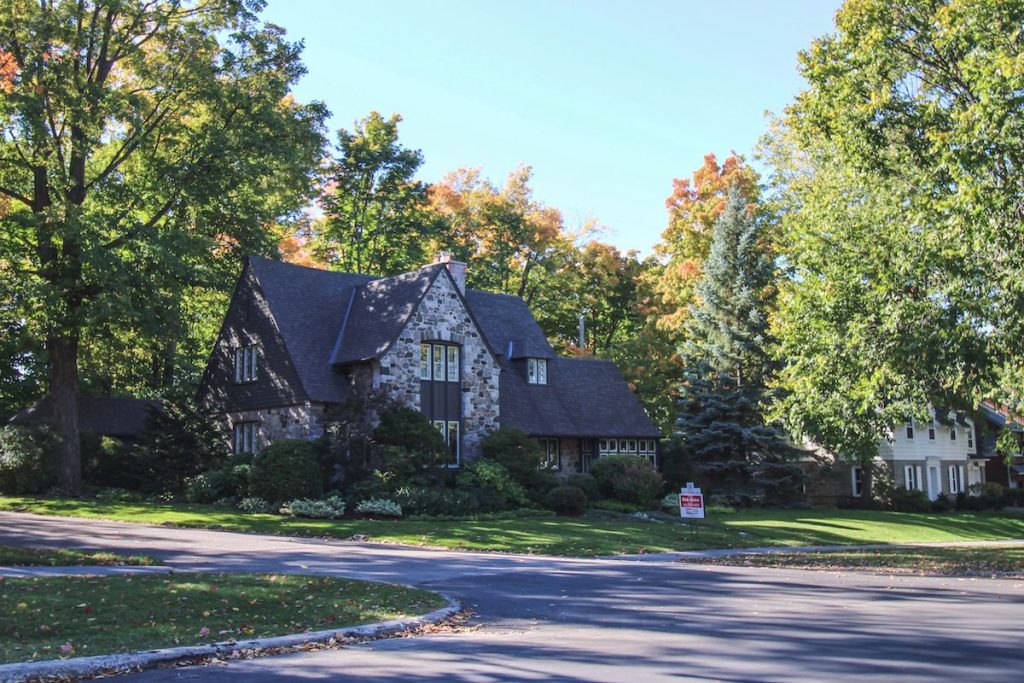Photo: James Bombales
The Canadian economy grew just 1.3 per cent in the first quarter of 2018, as falling home sales took a serious bite out of the economy. And it looks like things aren’t likely to improve in 2019.
“We expect economic growth to slow to 1.7 per cent this year and only 1.3 per cent in 2019, as the housing downturn continues to weigh on consumption and residential investment,” writes Capital Economics chief North American economist Paul Ashworth, in a recent note. “That weakness will eventually force the Bank of Canada to begin cutting interest rates again from next year onwards.
Ashworth attributes the slow down to the new mortgage stress test introduced on January 1, noting that home sales in both Toronto and Vancouver are down by almost 50 per cent from their peaks last spring.
“With the surge in global bond yields pushing Canadian fixed-term mortgage rates higher, we strongly doubt that sales will enjoy a renaissance in the second half of this year,” he writes.
And while prices have remained relatively flat over the past few months, Ashworth predicts that they will begin to fall later this year.
“For the time being, house prices have merely stagnated rather than collapsing, but that is probably only a matter of time,” he writes. “Even without a decline in house prices, which would weigh on consumption via the negative wealth effect, we anticipate a sizeable contraction in residential investment over the next few years.”
Higher interest rates will also weigh on the market in the second half of the year, moving into 2019. The Bank of Canada hiked the overnight rate to 1.25 per cent in January, and is widely expected to do so twice more before the end of the year.
But according to Ashworth, the cooling housing market and uncertainty around trade will cause the Bank to hold off until the new year.
“In contrast, we suspect that the uncertainty over trade policy and the housing slump will prompt the Bank to hold rates unchanged this year and then reverse course in 2019,” he writes
